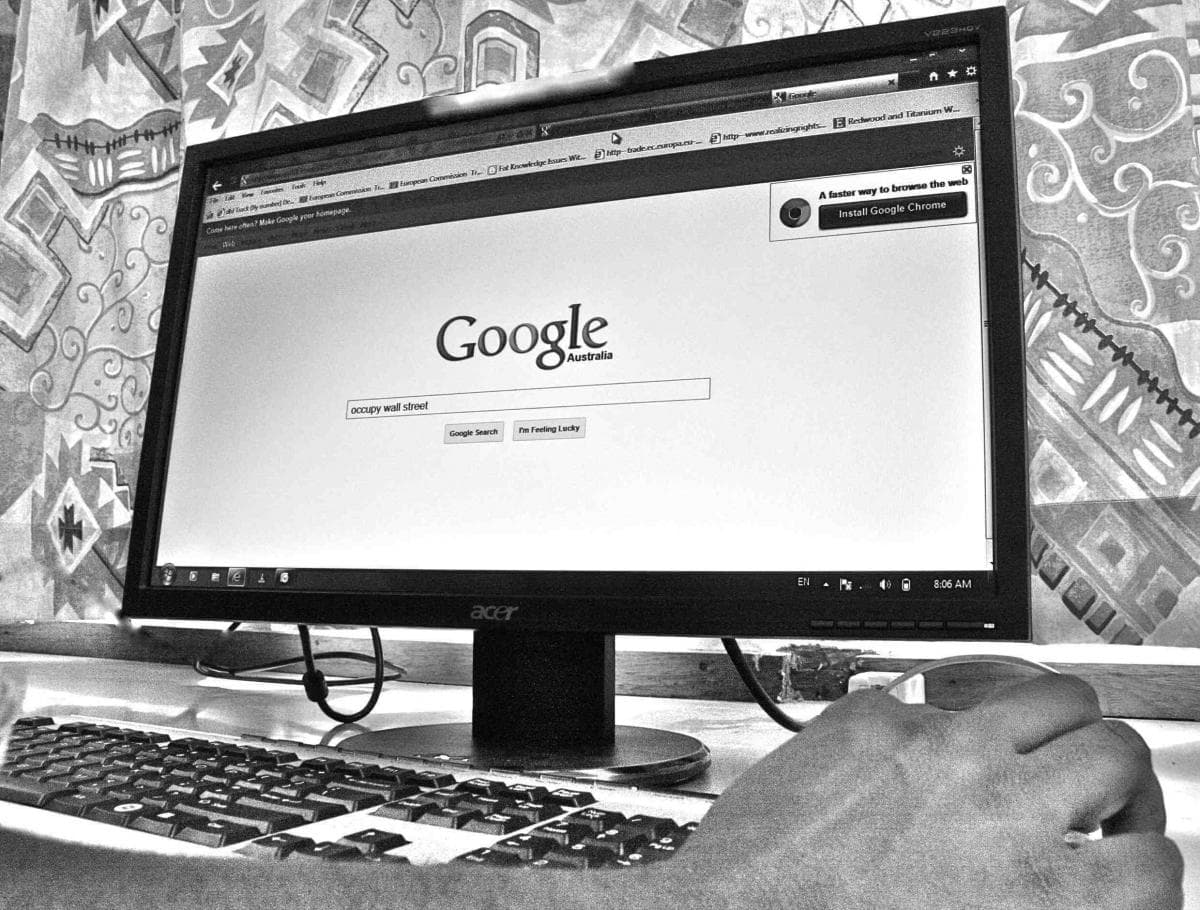Internet under threat from US law makers

The law could spur the creation of blacklists targeting sites like YouTube, Twitter, Wikileaks and other online communities. The internet based campaign group, Avaaz, has since issued a call to people around the world to sign a petition to “save the internet.”
Avaaz said that the US could force internet providers to block any website on suspicion of violating copyright or trademark legislation. Penalties could also be extended to providers who fail to police the activities of their users.
“Under the Internet Blacklist Bill… formally called the PROTECT IP Act -- the US Department of Justice would force search engines, browsers, and service providers to block users' access to websites that have been accused of copyright infringement -- without even giving them a day in court,” says Demand Progress another organization that is emailing letters to members of congress.
This move isn’t just about copyright infringements. It’s a conscious government crackdown on the Occupy protests. The Digital Journal says "This bill could shut down YouTube, Twitter and many other social websites that bring together the Occupy movements across the nation and world---any user-generated content site where the law can make the sites’ owners legally responsible for the posted content of its users".
This isn’t the first attempt to clamp down on the, once unimaginable, global freedom of information. An attempt, last year, to pass a similar law was defeated while Julian Assange, the founder of Wikileaks became the subject of a US government investigation after Wikileaks released a series of diplomatic cables - some of which included intelligence reports between Australia and the US about Papua New Guinea.
For years, the US government criticized countries like China and Iran for strict controls over the internet. But this hypocritical move will do even more damage as it will allow big corporations and government tighter controls over the world’s information.
The decision could also set the stage for how other governments around the world – including Papua New Guinea - regulate the internet. It could also seriously affect Papua New Guinea’s increasing number of bloggers and online campaign groups who have contributed to holding political leaders and big business accountable.
“…Because so much of the internet’s hosts and hardware are located in the US, their blacklist would clamp down on the free web for all of us, ” Avaaz says.
Papua New Guinean online campaign organization, Act Now! also sees the move by the US congress as a direct attempt on the right to free speech and freedom of information.
“Papua New Guineans shouldn’t be taking this lightly because this decision will drastically alter the way information is disseminated,” says Effery Dademo, Program Manager with Act Now!
Sign the Avaaz petition to save the internet.
